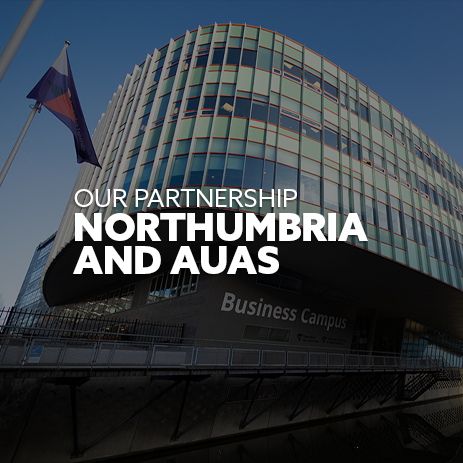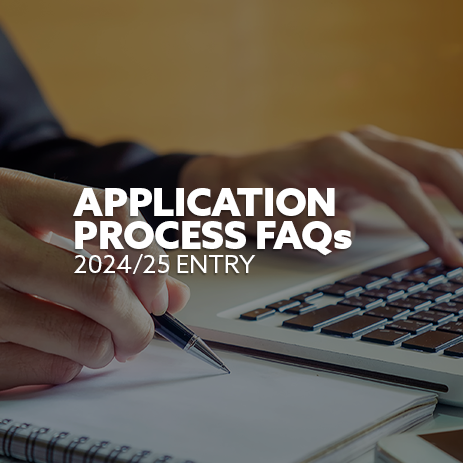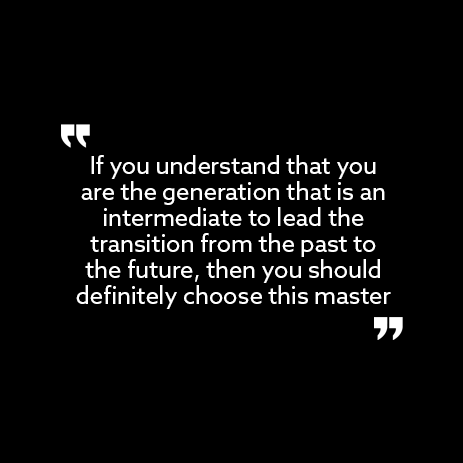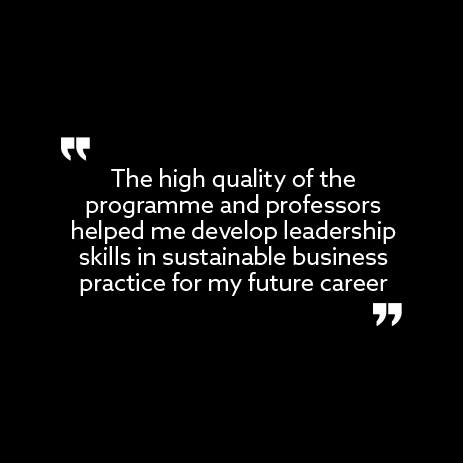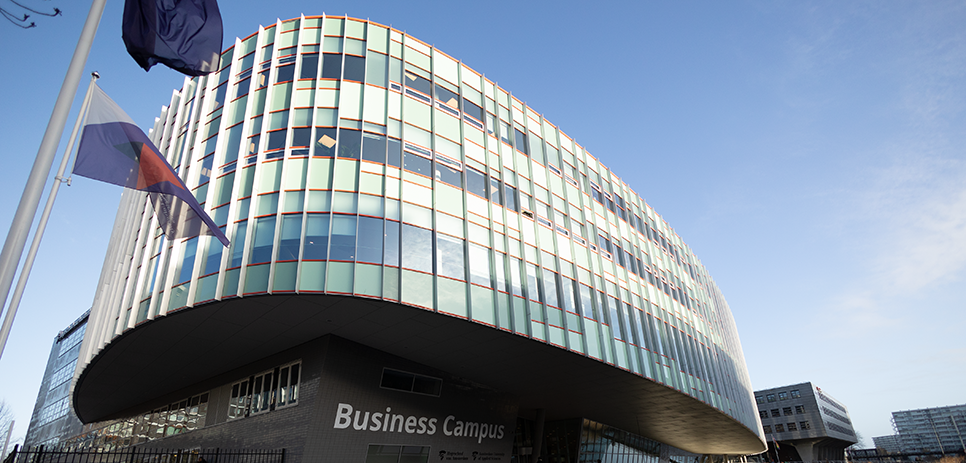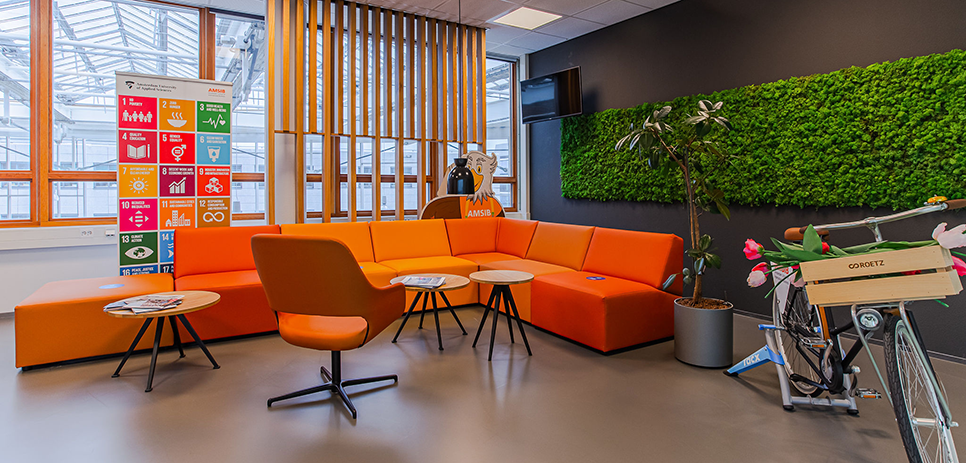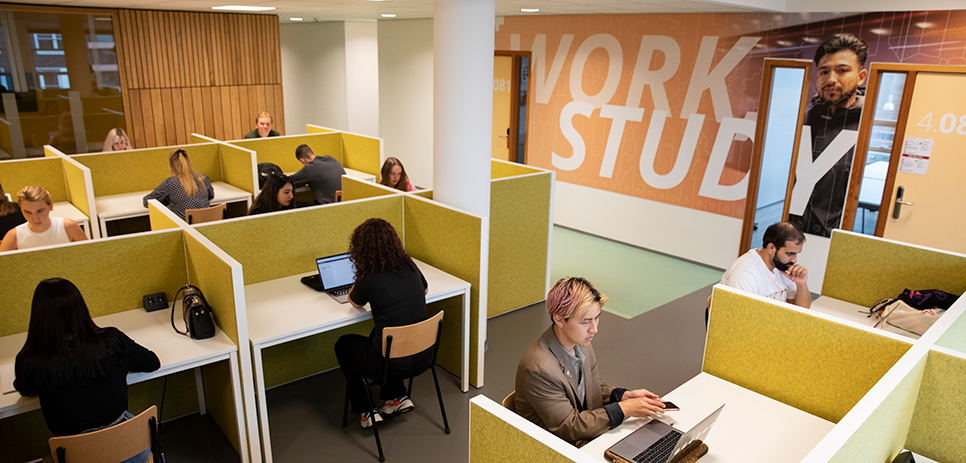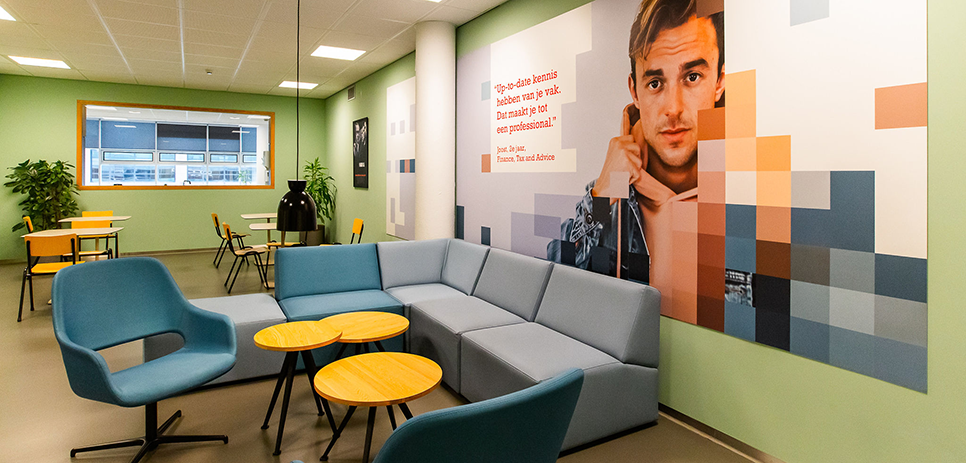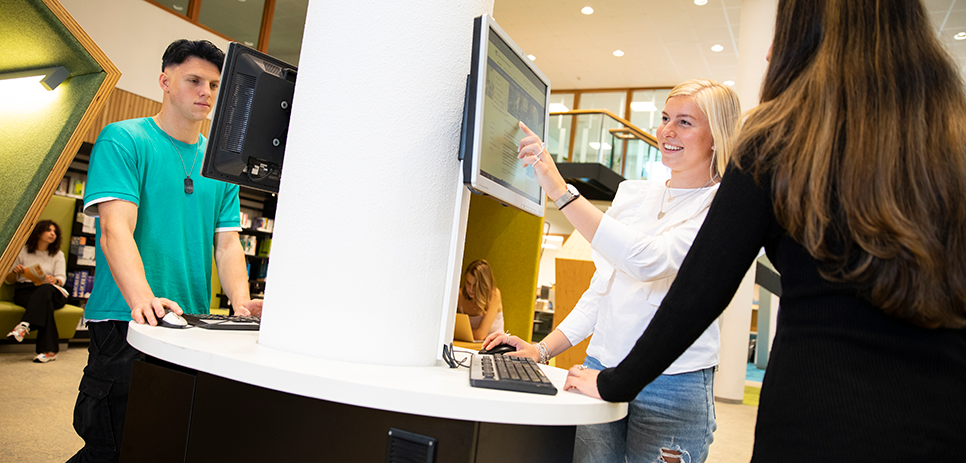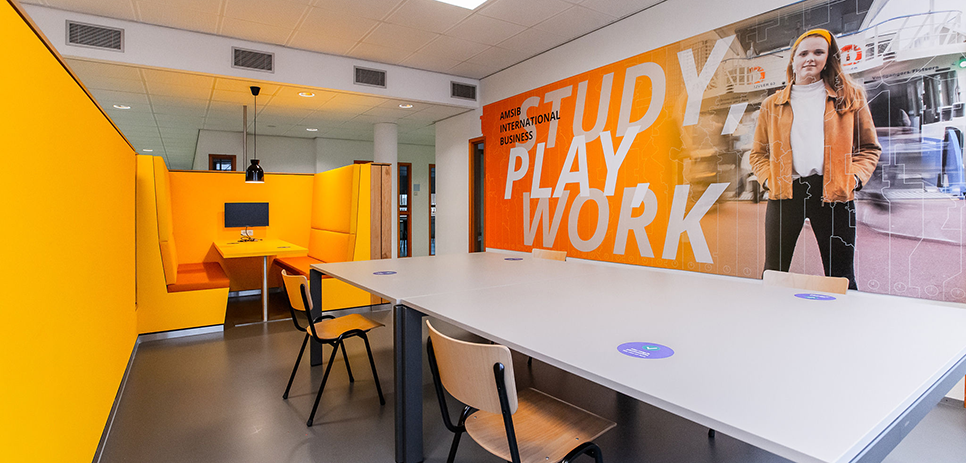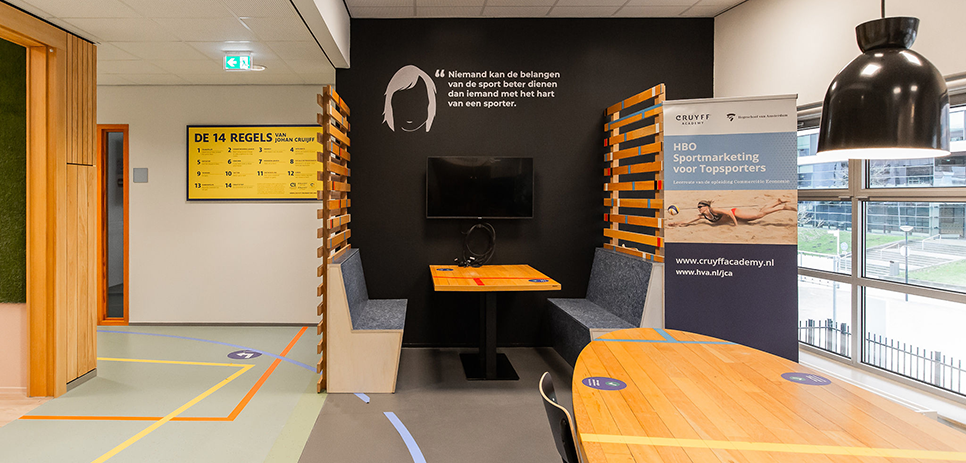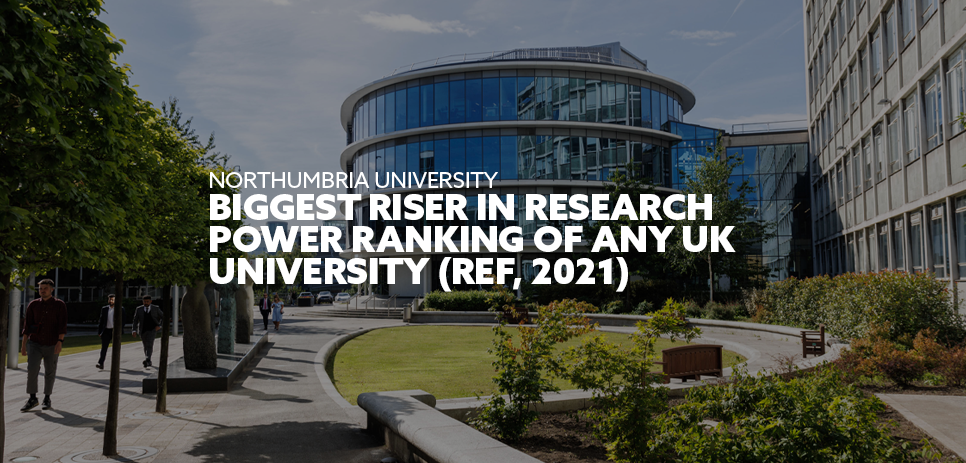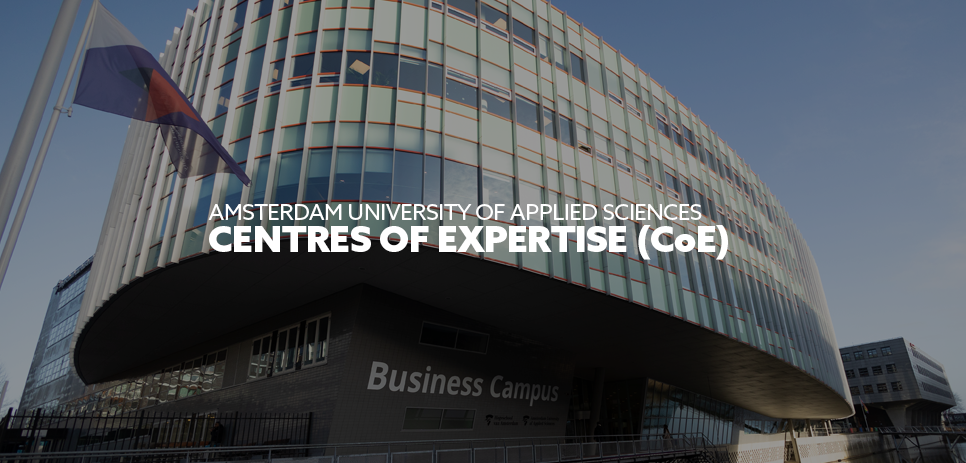-
Study
Study
Interested in studying at Northumbria? With 31,500 students, Northumbria is one of the largest universities in the country, offering courses on either a full-time, part-time or distance learning basis.
Discover more-
Undergraduate
- Undergraduate Study Degree
- Undergraduate Open Day & Events
- Application Guides
- Northumbria University UCAS Exhibitions
- Foundation Years
- Undergraduate Fees & Funding
- School & College Outreach
- Continuing Professional Development
-
Postgraduate
- Postgraduate Study Degree
- Postgraduate Research Degrees
- Postgraduate Open Days and Events
- Postgraduate Fees & Funding
- Flexible Learning
- Thinking about a Masters?
- Continuing Professional Development
- Change Direction
-
Student Life
- The Hub - Student Blog
- Accommodation
- Life in Newcastle
- Support for Students
- Careers
- Information for Parents
- Students' Union
- Northumbria Sport
-
-
International
International
Northumbria’s global footprint touches every continent across the world, through our global partnerships across 17 institutions in 10 countries, to our 277,000 strong alumni community and 150 recruitment partners – we prepare our students for the challenges of tomorrow. Discover more about how to join Northumbria’s global family or our partnerships.
Discover more-
Applying to Northumbria
- European Union
- Our London Campus
- Northumbria Pathway
- International Events
- Entry Requirements
- Agent Network
-
Northumbria Language Centre
- Faculty Requirements
- Acceptable English Requirements
- Pre-Sessional English and Study Skills
- Academic Language Skills Programmes (ALS)
-
International Fees, Funding & Scholarships
- International Undergraduate Fees
- International Undergraduate Funding
- International Masters Fees
- International Masters Funding
- International Postgraduate Research Fees
- International Postgraduate Research Funding
- International Money Matters
-
Life at Northumbria
- International student support
- The Hub - Student Blog
- Careers
-
International Mobility
- Current Northumbria Students
- Incoming Exchange Students
-
-
Business
Business
The world is changing faster than ever before. The future is there to be won by organisations who find ways to turn today's possibilities into tomorrows competitive edge. In a connected world, collaboration can be the key to success.
Discover more -
Research
Research
Northumbria is a research-rich, business-focused, professional university with a global reputation for academic quality. We conduct ground-breaking research that is responsive to the science & technology, health & well being, economic and social and arts & cultural needs for the communities
Discover more -
About Us
-
About Northumbria
- Our Strategy
- Our Staff
- Our Partners
- Student Profiles
- Alumni Profiles
- Leadership & Governance
- Academic Departments
- University Services
- History of Northumbria
- Contact us
- Online Shop
-
-
Alumni
Alumni
Northumbria University is renowned for the calibre of its business-ready graduates. Our alumni network has over 236,000 graduates based in 178 countries worldwide in a range of sectors, our alumni are making a real impact on the world.
Discover more - Work For Us
This is a 15 EC (30 UK credits) module delivered in the first semester of the MSc Global Sustainable Business Management. It is developed for those of you who have varying business and management subject experience and reflect some of the 17 Sustainable Development Goals of the United Nations (UN)*. The aim of the module is to evaluate sustainable business models by utilising five streams: (i) Responsible Strategy, (ii) Sustainable Marketing, (iii) Socially Responsible Finance, (iv) Corporate Governance and (v) Sustainable Operations. During your learning journey you will evaluate how each of the five streams contributes to the sustainable competitive advantage of a company in a responsible and sustainable way and hence enable the firm to achieve its multi-faceted strategic objectives.
A capstone activity within your learning is the away day ‘Strategy for a Sustainable Future’ offered by the Digital Society School (part of AUAS). In this workshop you’ll learn which skills and knowledge you need to develop as an individual and future manager in order to make a difference taking inspiration by the UN SDGs.
The content of the module comprises five key parts listed below.
Responsible Strategy
SDGs and Business Strategy; Theory of Competitive Advantage in a Sustainable Context; Sustainable Strategic Capabilities; Innovation and Sustainability; Value Creation; Social Entrepreneurship; Triple Bottom Line and Stakeholder Management; Corporate Social Responsibility. (SDGs 8, 9, 11, 12, 17).
Sustainable Marketing
Marketing Planning; Sustainable Marketing and Consumer Behaviour; Multichannel Management and Sustainable Customer Journey; Sustainable Marketing Promotion and Communication. (SDGs 8, 9, 11, 12).
Socially Responsible Finance
Sustainable Financial Investment; Corporate Reporting; SRI and Ethical Tests; Social and Ethical Dimension of Corporate Sustainability. (SDGs 1, 5, 8, 9, 13, 14, 15).
Corporate Governance
Global Business Governance Issues; Principles of Good Governance; The Role and Contest of Board of Directors; Accountability and Alignment of Interest; Local Corporate Government systems. (SDGs 8, 10, 16).
Sustainable Operations
Operations Strategy; Responsible Supply Chains, Lean, Agile and Resilient Supply Chains; Wicked’ problems: Climate Change; Carbon Footprinting; Green Manufacturing. (SDGs 7, 8, 11, 12, 13).
* For information on the sustainable development goals see https://www.un.org/sustainabledevelopment/sustainable-development-goals/


